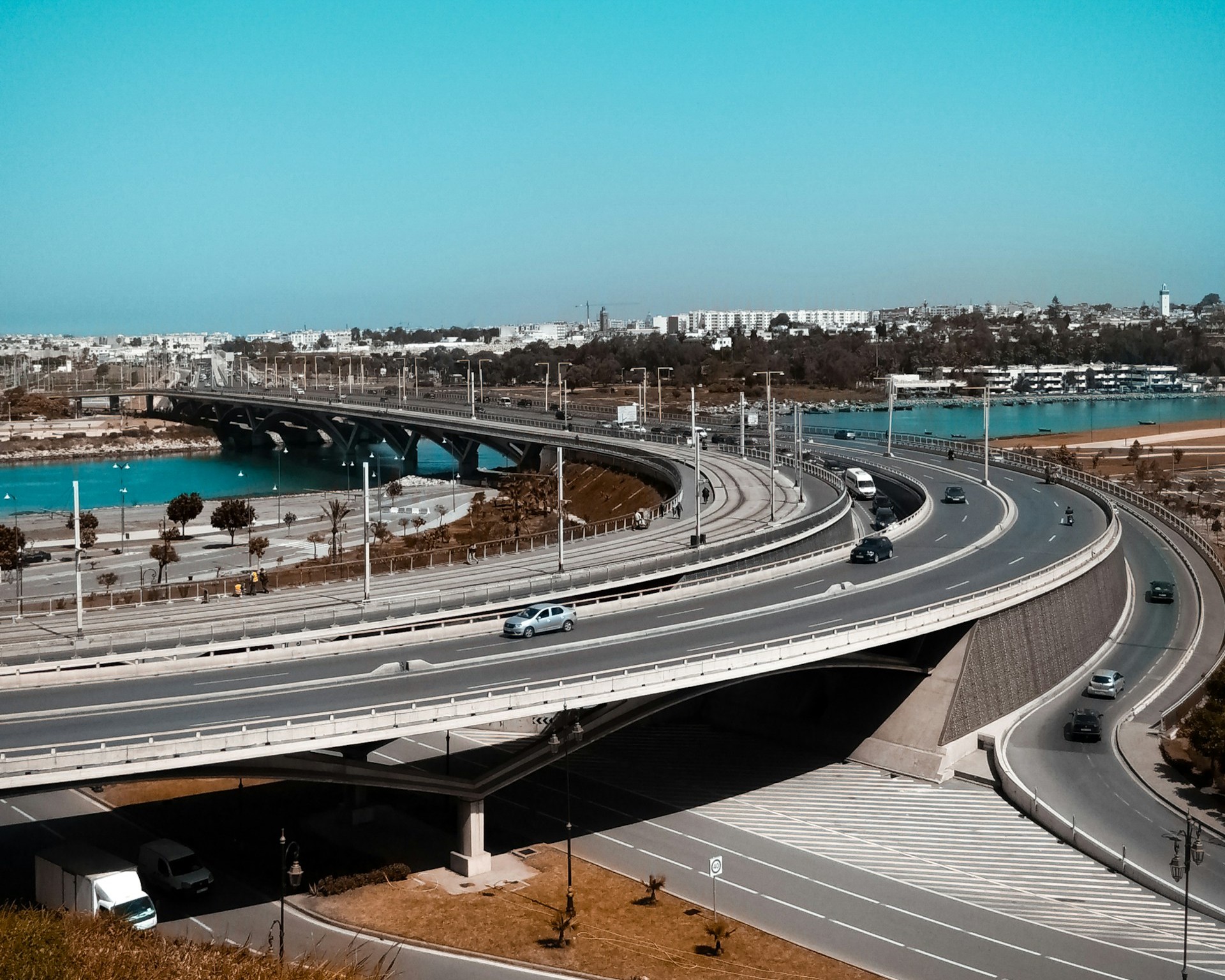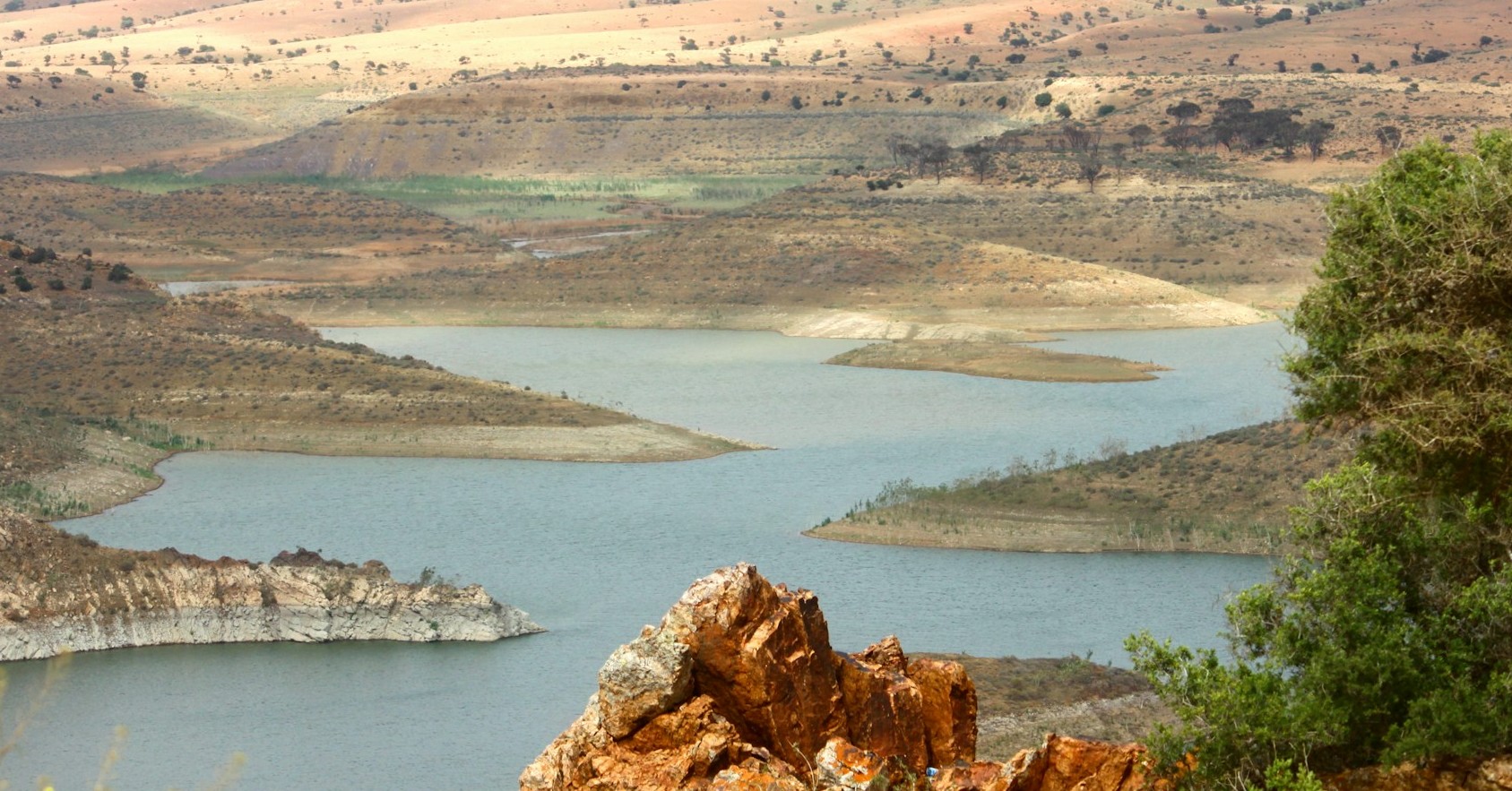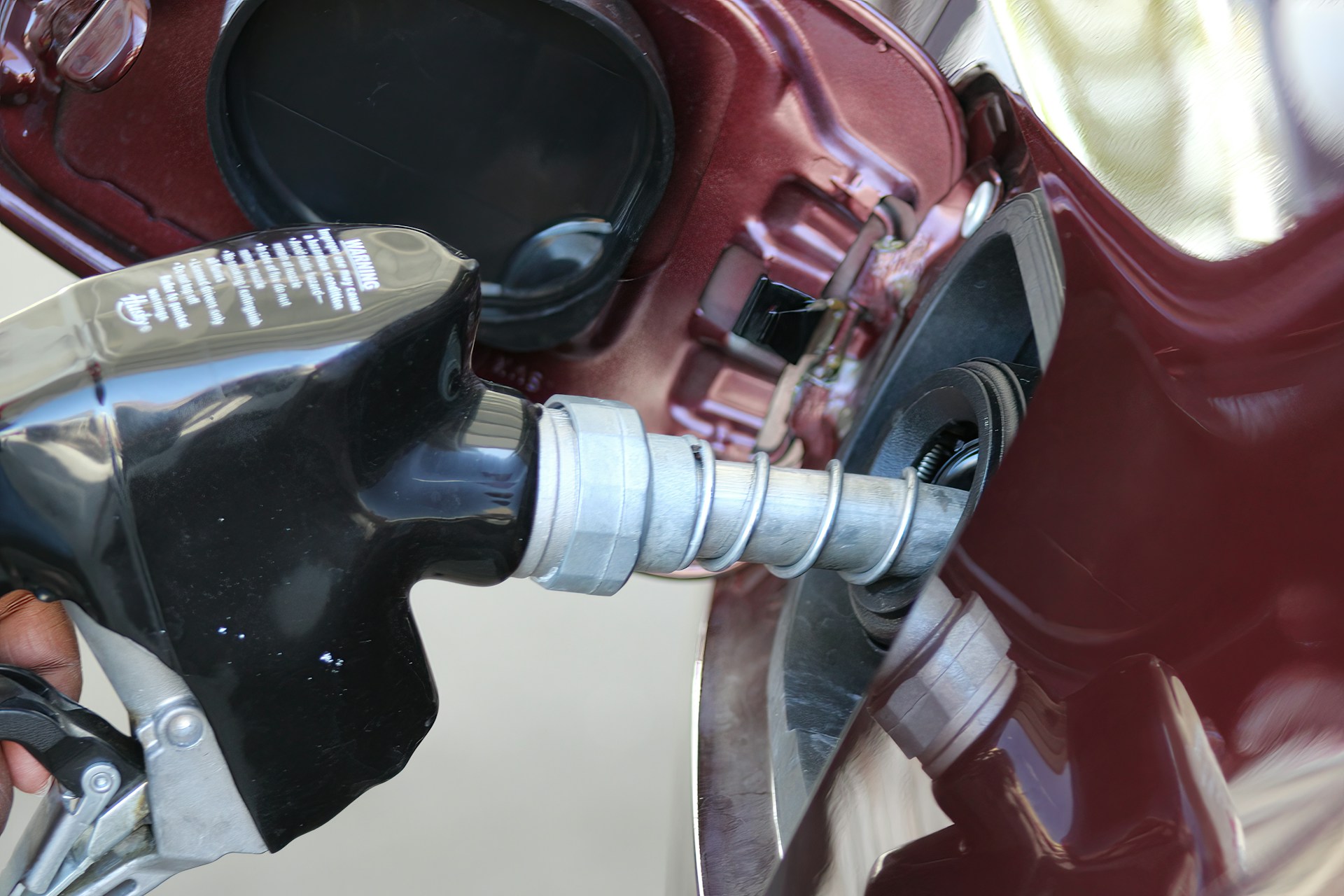Casablanca – Morocco’s government is making a significant push to strengthen the country’s investment climate, with the National Investment Commission recently approving 191 new projects valued at over $33.6 billion. This initiative, which falls under the framework of the new Investment Charter, is expected to generate approximately 150,000 direct and indirect jobs, marking a major step in the country’s strategy to stimulate economic growth and reduce territorial disparities.
The announcement was made by Karim Zidane, Minister Delegate in charge of Investment, Convergence, and Evaluation of Public Policies, during a session at the House of Councillors. The approved investments span seven separate commission meetings, reflecting a sustained and structured effort by the government to attract and facilitate both domestic and foreign capital.
A central pillar of government policy
Minister Zidane emphasized that investment remains a core component of the national economic program. He noted that public and private investments are complementary, forming a dual engine that drives development, supports job creation, and helps close the gap between regions.
The newly approved projects are not only large in number and value, but they also aim to diversify Morocco’s economic base, aligning with broader national objectives for sustainable and inclusive development. Zidane reaffirmed that investment promotion is a strategic priority, citing its direct impact on improving the country’s growth potential and labor market dynamics.
A participatory and reform-oriented approach
One of the notable aspects of Morocco’s investment policy in recent years has been its inclusive and participatory approach. The government has actively collaborated with actors across the investment ecosystem, both at the national and regional levels, to shape reforms and implement policy improvements. This approach was instrumental in the design and adoption of the new Investment Charter, which aims to enhance legal certainty, promote transparency, and provide better incentives for private sector participation.
According to government statements, the charter is expected to streamline investment procedures, clarify roles across institutions, and reinforce Morocco’s appeal as an international business hub. It is also geared toward encouraging high-impact investments in sectors aligned with the country’s long-term development vision.
Enhancing the business environment
In addition to the new charter, the government has launched a comprehensive roadmap to improve the business climate. This includes measures to simplify bureaucratic processes, modernize governance structures, and enhance the quality of infrastructure and services available to investors.
Part of this effort involves international promotional campaigns designed to highlight Morocco’s strengths, including its strategic location, political stability, competitive labor costs, and expanding network of free trade agreements. Government officials have undertaken roadshows and events abroad to attract global investors, particularly in Europe, the Gulf region, and Asia.
Targeted sectors for the future
A key feature of the current investment strategy is its sectoral focus on high-potential industries. The approved projects and accompanying policies are aimed at steering capital toward areas such as:
- Industrial transformation, to strengthen Morocco’s manufacturing base and increase value-added production.
- Renewable energy, leveraging the country’s vast solar and wind resources to support sustainable development and energy transition goals.
- Advanced technologies, including digital services, artificial intelligence, and data infrastructure.
- Emerging professions, linked to new economic models and innovation-based industries.
The government is also pushing for the expansion of public-private partnerships (PPPs) to mobilize more resources and expertise in these strategic sectors.
Long-term outlook
Minister Zidane reiterated the state’s long-term commitment to maintaining a favorable investment climate, promising ongoing reforms and infrastructure upgrades. Among the government’s top priorities are the simplification of procedures, improvement of institutional governance, and the provision of clean energy and sustainable infrastructure to support long-term investor confidence.
The recent approval of $33.6 billion in projects signals that Morocco is not only open for business, but is also taking concrete steps to position itself as a leading investment destination in North Africa and the wider Mediterranean region.
With strong political backing, structured policy reforms, and a clear roadmap for the future, Morocco is aiming to turn investment into a sustainable engine of economic modernization and regional cohesion.















